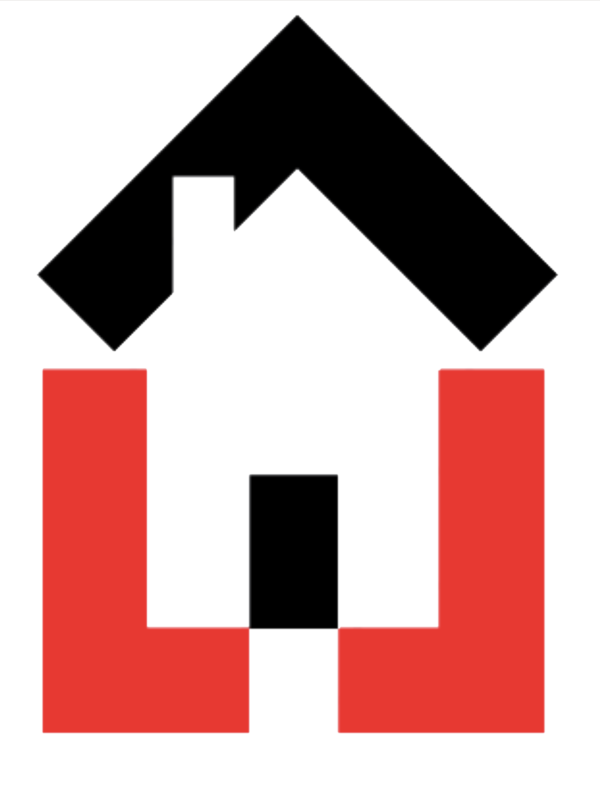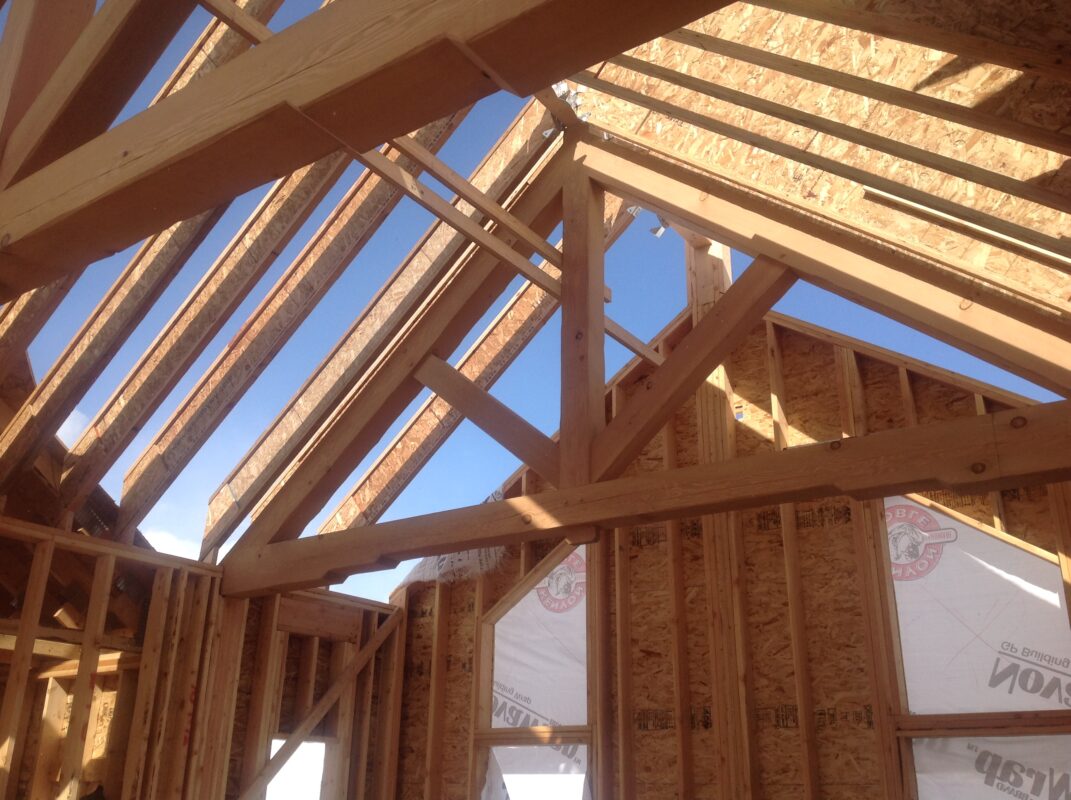Homesofcomfort
Helpful Advice For Building A New House
What you need to know before starting to build your dream house.
Building a house is a major investment; therefore, it’s important to be well-informed before embarking on a house-building project.
In this post, we’ll outline the basics, from finding house plans to hiring a contractor. We’ll also provide some tips to make the process as smooth as possible.
Finding plans for your home’s floor plan is no easy feat. Unfortunately, there are so many variables to consider that the process can be down right overwhelming!
Finding the right house plans is the first step when you begin building your home.
There are multiple resources out there for finding house plans, including libraries online, books, and custom home builders.
Working with an established and reputable home design studio such as Homes Of Comfort will give you a good peace of mind throughout the process of building your home.
When choosing house plans, you need to consider your current and future needs too. You need to think about a flexible space where you can adapt your home to your needs as they change over time.
Consider storage space, how you want to organize space, and the size you need. If you have a large family, you’ll need plans that include enough storage for gear beyond bedrooms and bathrooms, but you wouldn’t need that space if you weren’t home most of the year or spend most of your free time outside.
You may also want to consider an open floor plan—one that’s open and welcoming, with spaces for quiet conversation too.
When choosing a source for your house plans, it’s important to understand that not all house plans sources are created equal. When picking the right source for your house plans, it’s worth considering how the plans detail construction. Homes Of Comfort designs all our homes with 2×6 wood frame construction.
For roofs, we use standard 25 lb. snow load roof trusses and follow the current International Residential Code for requiring such details.
Additionally, we calculate the beams and vertically supported structures at all our plan designs.
Site Specific Requirements that May Affect Your Building Project When building a house
It’s important to be aware of site-specific items, such as climate, homeowners association restrictions, and slope of land, that may not be included in the blueprints.
For example, if building on sloped land, you need to take into consideration soil mechanics and its affect on foundation, affect on structural supports, and affect on drainage. If you’re building in a #HurricaneZone, you need to make sure your #house is #HurricaneProof.
It’s also important that you check local regulations before you begin construction on your house. Many municipalities have zoning laws or building codes regarding their size, design, materials, and even the number of bedrooms.
There are also local regulations and zoning requirements that you must comply with. For example, in some municipalities you may be required to have a certain amount of off-street parking or a certain type of roofing material. Be sure to consult with your local government officials before beginning construction on your house.
Homes Of Comfort is able to assist with submitting the house plans to local municipality/ town / city’s building and planning offices and arrange for permits and approvals.
Choosing a contractor can be a difficult task. Knowing how to objectively compare quotes and proposals is even harder. To make it easier, follow the ABCD rule:
**A**
If possible, get multiple quotes.
**B**
Beware of extreme or exaggerated marketing claims, which bear little resemblance to reality.
**C**
Consult with industry associations. Find out if they recommend anyone in particular.
**D**
Ask contractors how long they’ve been in business, request references, and see examples of recent work.
Once you’ve decided on your house plan, the next step is finding your builder. You can request quotes from several different homebuilders to find one that fits your budget and time. Be sure to get references from past clients.
Understand Your Needs
Your family’s needs define your must-have list. If yard space is important to your family, for example, make sure that the home you’re looking at has enough for at least a small garden or play area. If privacy is a high priority, ask about non-visible fences and walls on the property. If you’re looking to start a family, make sure that the home has ample space for the rooms you’ll need. Once you’ve considered your needs, it’s time to prioritize. Figure out which features you can’t live without. Those are the ones you’ll put at the top of your must-have list.
Building a new home is a big decision and can be both overwhelming and stressful.
Use this checklist to make sure all of your bases are covered. Once you move in, your new space will feel just like a retreat from everyday life.
- The best contractor isn’t the one with the lowest bid. Reputation and personality make a huge difference. This is typically a relationship that lasts 1-2 years through the build process so you better make sure you get along personally or it could be a long couple of years
- Know what house inspections during various stages of construction, such as the foundation work or framing. You should also expect a final inspection before the house is deemed move-in ready. A reputable contractor will handle all of the required inspections.
- House building materials, like timber, can be expensive and are especially high as of this writing. Of course, the type of house you’re building and the region of the country you’re building in will also affect the costs of materials. Factors like snow load, topography and roof design are design elements that can address onsite issues and project cost BEFORE you start construction
- Proper planning and a realistic budget are the keys to a successful home building project. A good set of plans help with the initial cost breakdown on your home. Its always a good idea to plan for extra expenses along the way for unknown conditions and personal decisions that will make you happier in the long run.
- Remember to factor-in inflation and price increases when budgeting for your house. Building materials and labor are likely to continue increasing in price over time.
Building a house is a massive investment. It’s important to know what you’re getting into before you get started.

